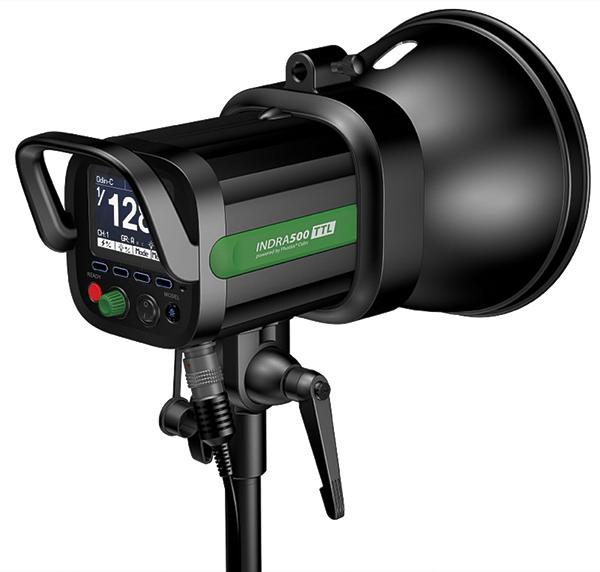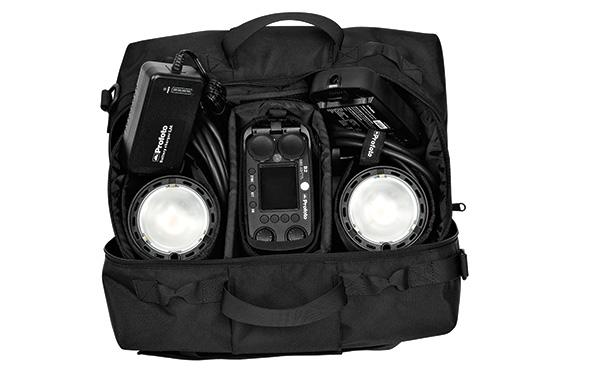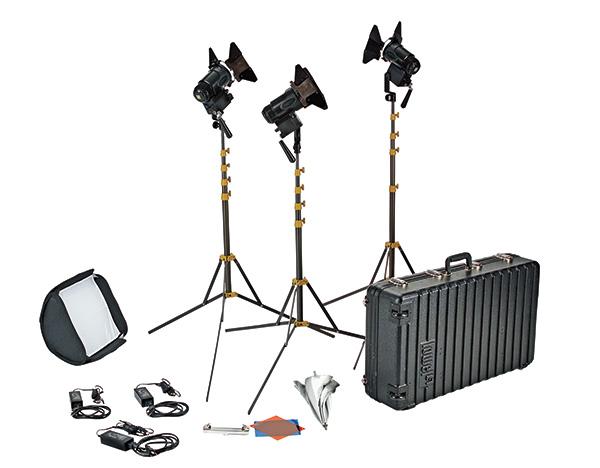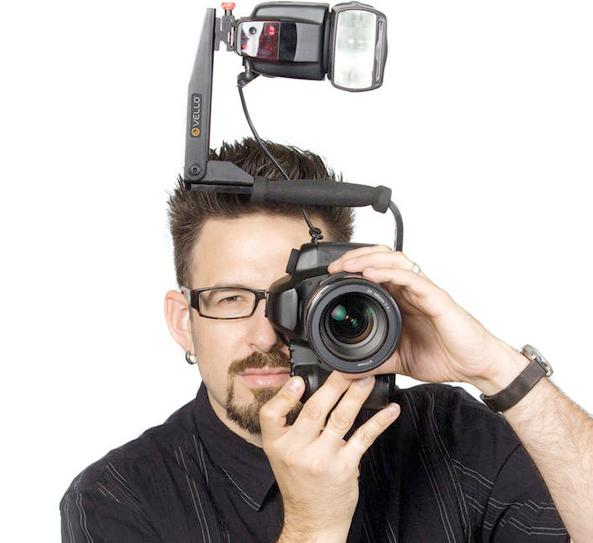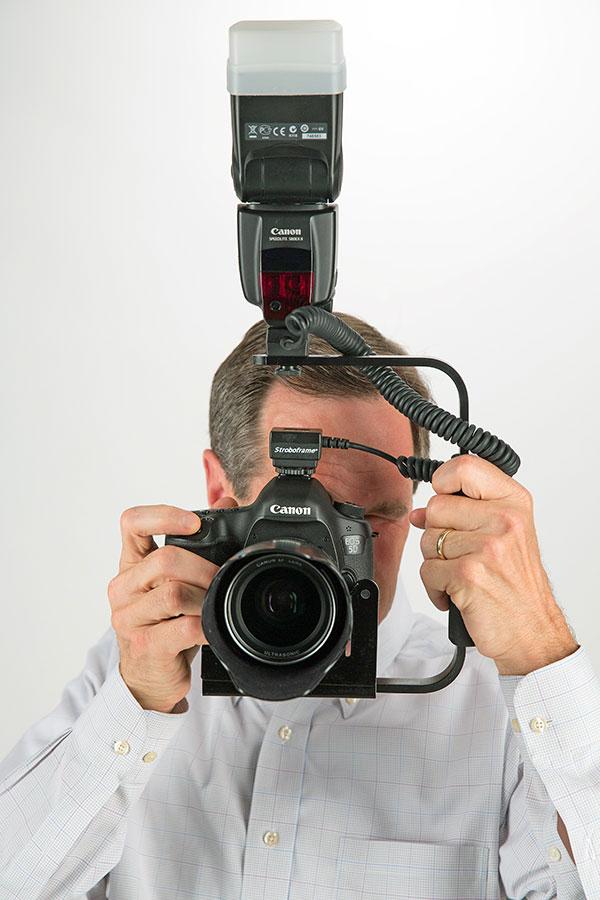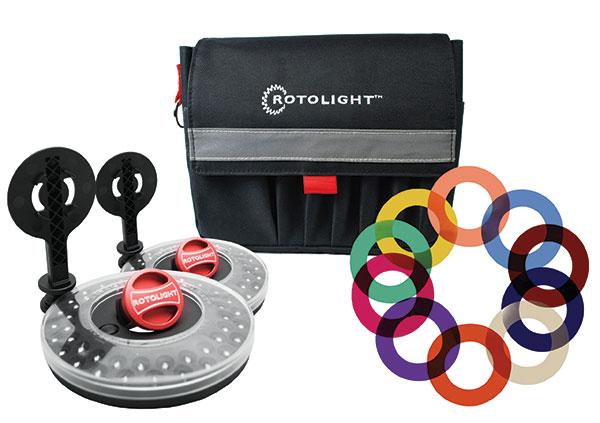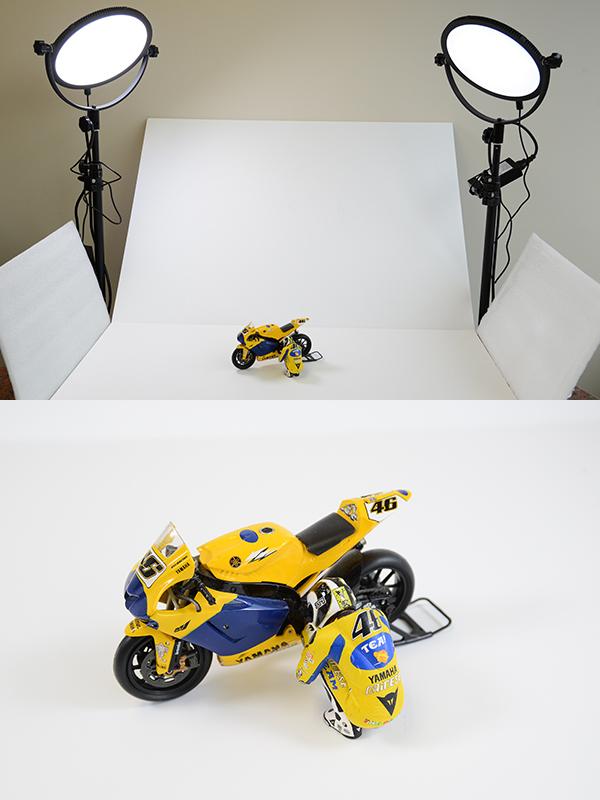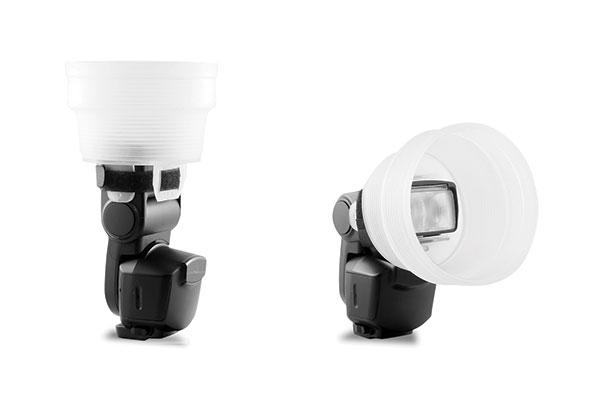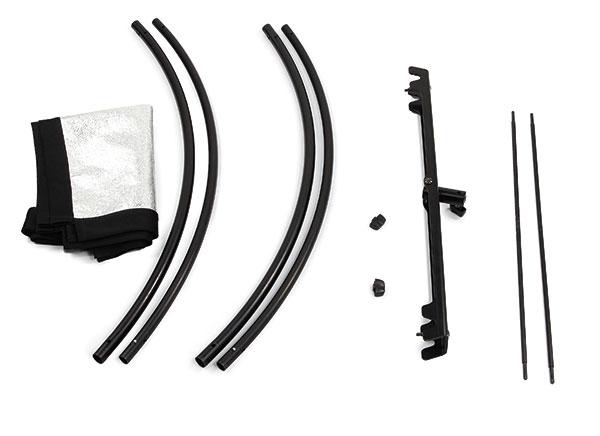|
Feb 05, 2016 |
|
Jan 15, 2016 |
|
Oct 27, 2015 |
|
Oct 23, 2015 |
|
Oct 06, 2015 |
|
Jul 20, 2015 |
|
Jul 20, 2015 |
|
Jul 17, 2015 |
|
Jun 11, 2015 |
|
May 22, 2015 |
|
Apr 03, 2015 |
|
Apr 02, 2015 |
|
Feb 17, 2015 |

